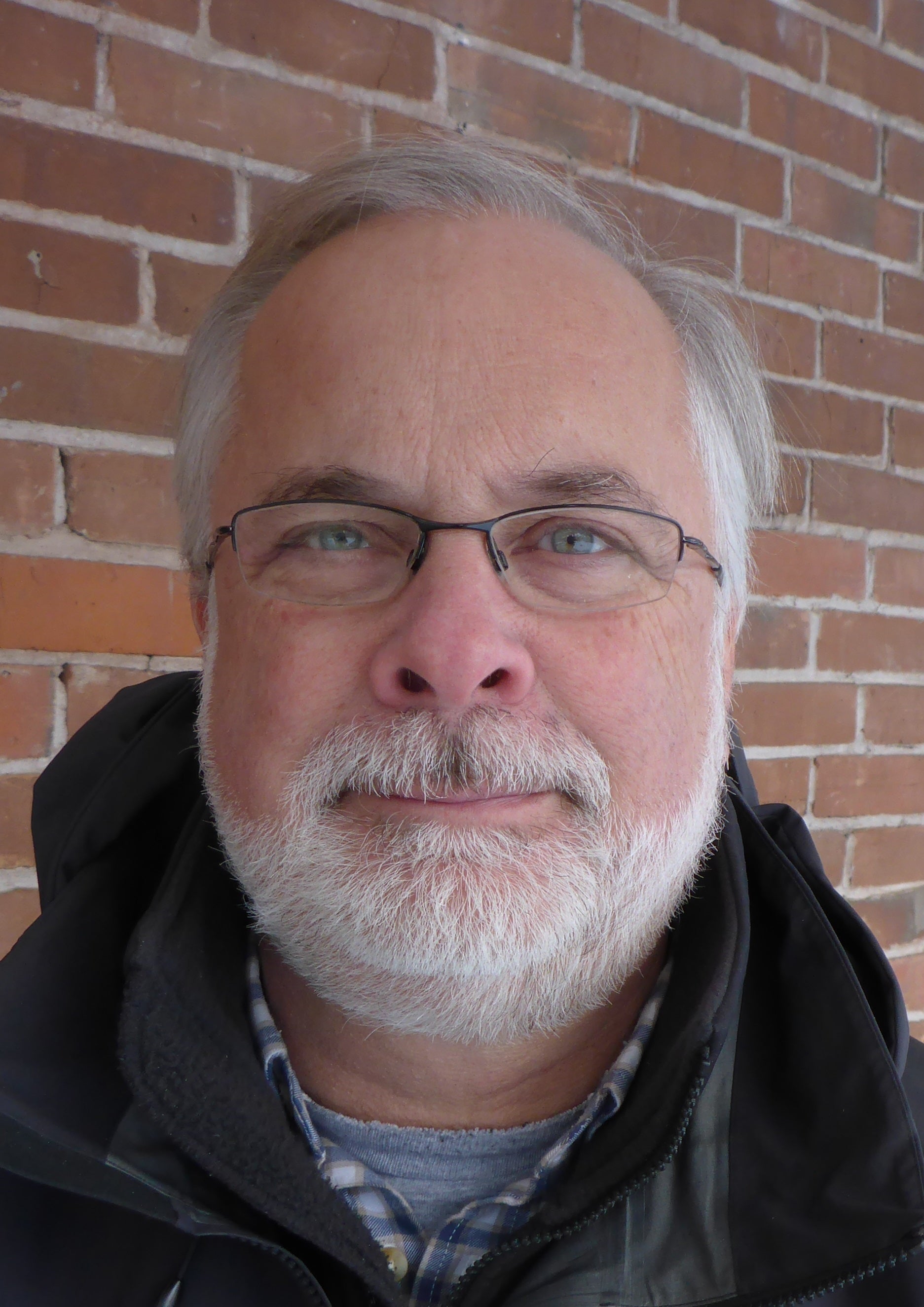The Nuclear Waste Management Organization: Geosciences Overview
Presented by:
Mark Jensen, M.Sc., P.Geo,

Director, Deep Geologic Repository Geosciences and Research, Nuclear Waste Management Organization, Toronto Ontario
Abstract
The Nuclear Waste Management Organization (NWMO) is responsible for implementing the Adaptive Phased Management (APM) Program, Canada’s approach for the long-term management of its nuclear used fuel. The APM program, selected by the federal government in June 2007, envisions that Canada’s nuclear used fuel would be placed within a multi-barrier Deep Geologic Repository (DGR) in a suitable crystalline or sedimentary bedrock formation at a nominal depth of 400 to 700 m. As part of APM, the NWMO directs a technical program to advance the understanding of sedimentary and fractured crystalline groundwater systems as they related to assessing site-specific suitability for implementation of the DGR concept and, ultimately, the passive safety of a selected site on timescales of 1 Ma. The APM Geoscience program is multi-disciplinary with a focus on geology, geochronology, structural geology, seismicity, hydrogeochemistry, isotope hydrology, physical hydrogeology, numerical groundwater system analysis, reactive transport simulation, sorption, microbiology, paleohydrogeology, geomechanics and glaciation. A motivation for the work is the characterisation of deep-seated saline aquitard/aquiclude systems typified by low permeability (<10-20 m2), porosity (≤0.1) and specific storage (≤10-6 m-1). This presentation will provide an overview of Canadian and collaborative international Geoscience research activities undertaken as part of the NWMO APM technical program and how such activities have contributed to development and refinement of a safety case for a DGR.
About Mark:
Mark Jensen (HBSc. (Co-op) - Waterloo (1986); MSc. - Toronto (1993); P. Geo) is Director Deep Geologic Repository Geoscience and Research at the Nuclear Waste Management Organization (Toronto, Ontario). He has been involved in environmental Geosciences since joining Ontario Hydro in 1986. His background is in physical and chemical hydrogeology, in particular, as relevant to interim and long-term radioactive waste management. Responsibilities have included the direction of Canadian and international multi-disciplinary Geosciences research and development (25-30 work programs; 15 Universities) associated with radioactive waste management (Ontario Hydro (1998)/Ontario Power Generation (1999-2006)/NWMO (Present)). Mark directed Geoscience studies (2002-present) related to the Environmental Assessment and regulatory licensing of the proposed Ontario Power Generation Bruce nuclear site Deep Geologic Repository for low and intermediate level radioactive waste (http://www.nwmo.ca/dgrgeoscientificsitecharacterization). He is engaged in international Geosciences research for long-term radioactive waste management purposes through OECD/NEA Working Groups including SEDE (1996-1999), AMIGO (2002-2008; Steering Committee) and the Characterisation, the Understanding and the Performance of Argillaceous Rocks as Repository Host Formations (‘Clay Club’) to which he was voted Chair in 2012 (12 Countries). He has authored or co-authored more than 75 reports, journal manuscripts and conference papers.
Coffee provided. Bring your mug.